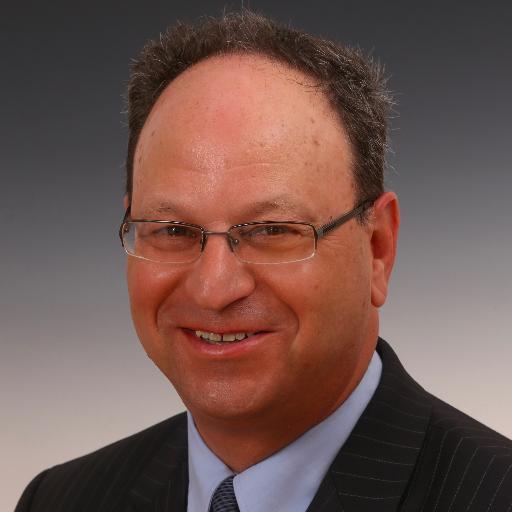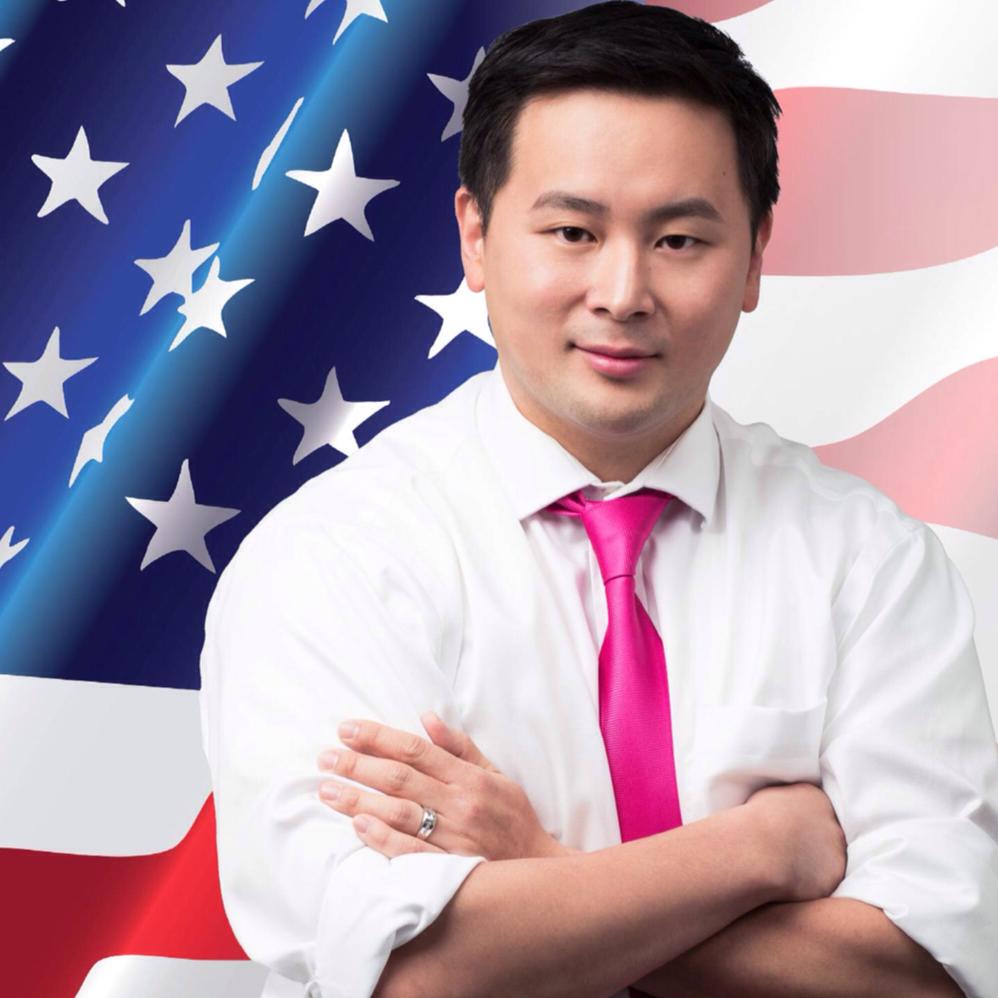Grodenchik Gives Out Sanitizer and Face Masks

City Councilmember Barry S. Grodenchik (Bayside Hills, Bellerose, Douglaston, Floral Park, Fresh Meadows, Glen Oaks, Hollis, Hollis Hills, Holliswood, Little Neck, New Hyde Park, Oakland Gardens, Queens Village) has distributed thousands of free masks and hundreds of bottles of hand sanitizer across Eastern Queens, including at recent grab and go events in Glen Oaks and Fresh Meadows, in an effort to keep local residents safe from the novel coronavirus.
All together, the councilmember, his staff and volunteers have provided over 4,000 packages filled with five masks each at the two events; residents also picked up 500 two-ounce containers of NYS Clean Hand Sanitizer. Both events drew hundreds of people.
“Masks and hand sanitizer have been proven to help protect people from catching the virus,” said Grodenchik, who recovered from COVID-19 in March. “The city and state have provided these supplies, which I am distributing to keep our community safe and healthy.”
The Glen Oaks giveaway occurred outside Key Food in the Glen Oaks shopping center. The Fresh Meadows event took place near the AMC Fresh Meadows theater. At both events, all workers wore face coverings and maintained social distance; residents picked up their packets and then quickly went on their way to avoid crowding together.
The councilmember has been supplying residents and institutions within the district with free masks and sanitizer since the beginning of the pandemic, partnering with local organizations including Commonpoint Sam Field Center, Bayside Senior Center, SNAP Senior Center, JASA Holliswood Senior Center, India Home, Transitional Services for New York, NAIR Benevolent Association, Kerala Cultural Association, Gurdwara Sant Sagar, Queens Baptist Church, and Queens Centers for Progress.
AOC Workers Ratify Union Contract with Campaign Workers Guild

U.S. Representative Alexandria Ocasio-Cortez (D-Astoria, College Point, Corona, East Elmhurst, Elmhurst, Jackson Heights, Woodside, parts of the Bronx) announced that her re-election campaign workers ratified a collective bargaining agreement.
The two-year contract sets groundbreaking standards for campaign workers’ contracts nationwide. Highlights include: overtime pay above 40 hours per week; unlimited sick leave; severance pay; a salary floor of at least $4,000/month for full-time workers; health, vision, dental, and life insurance; provisions to ensure respect on the job; and language protecting immigrant workers and standardizing gender neutrality.
“Workers’ rights are the cornerstone of an economy that puts humanity first. I’ve lived without health insurance or dignity in the workplace, and I applaud the work our team has done to raise the bar for all workers,” said Ocasio-Cortez. “Our campaign is proud to be a part of this movement and to live our values.”
The wall-to-wall bargaining unit included all non-managerial staff, including employees in part-time, hourly, and full-time roles across over a half dozen departments –– from field to creative to data employees.
Kim Renews Call to Pass Life-Saving Nursing Home Legislation

Assemblymember Ron Kim (D-Whitestone, Flushing, College Point, and Murray Hill) is renewing his call to pass state nursing home legislation which would mandate a significantly more active role in nursing home oversight from the State Department of Health prior to state legislative hearings to be held this month on tragic deaths of thousands of New Yorkers in nursing homes.
“Instead of sneaking in immunity clauses for private nursing home operators and giving contradictory health mandates, the Department of Health should have implemented adequate safety measures, full accountability, and transparency for all nursing home residents and their loved ones,” Kim said. “This bill may be too late for those that have already left us, but we absolutely must pass it for the many vulnerable, worried New Yorkers still waiting for relief, answers, and some sign that the death of their family members was not in vain.”
The bill requires all facilities to provide detailed daily reports to the state and local health departments on potential disease spread on their premises. For facilities that remain noncompliant, the State Department of Health Commissioner could appoint temporary operators, who would assume operational control and responsibility.







